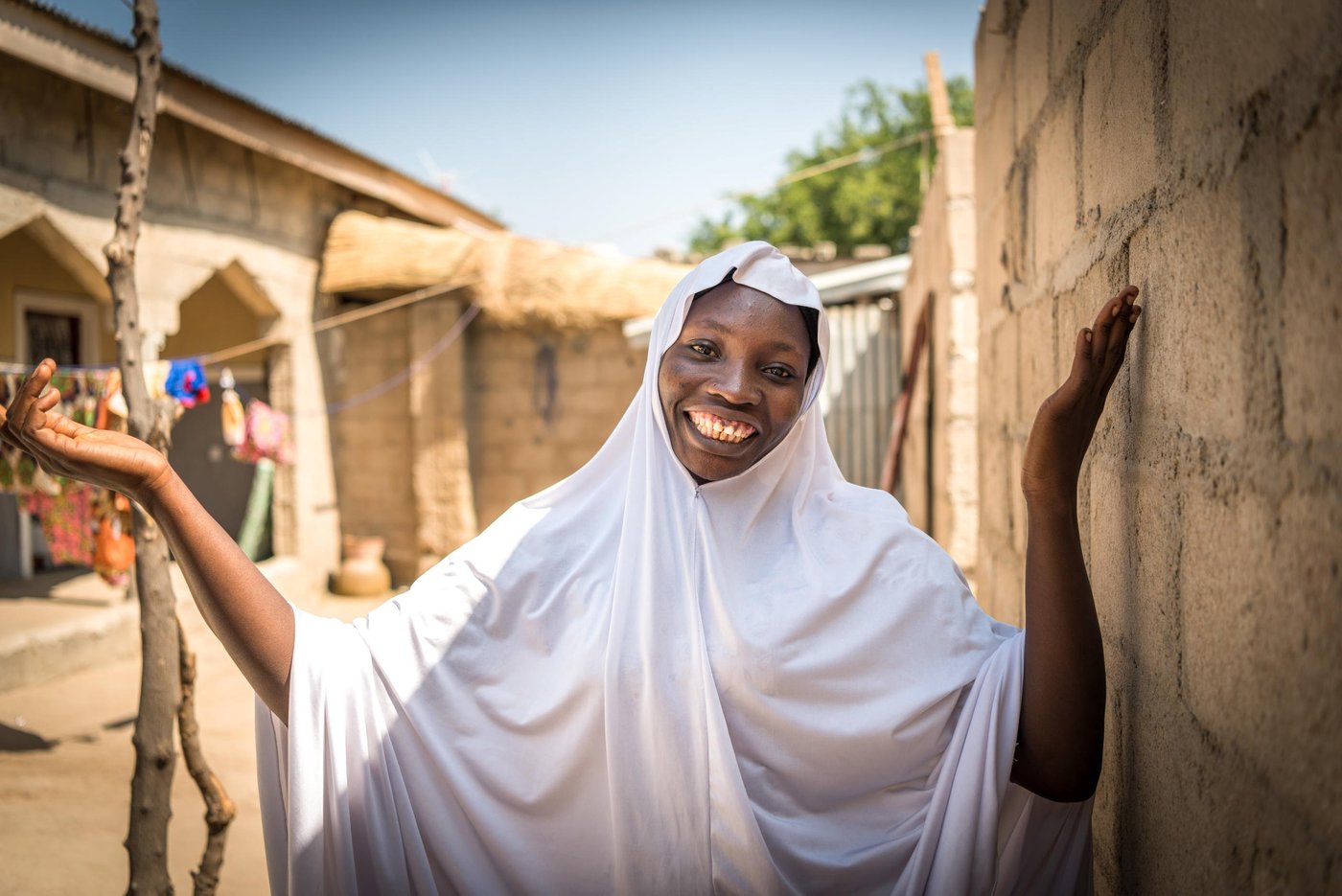Some women and girls may be denied their rights just because of their gender. Others may be exposed to sexual violence and abuse, or be at risk of human trafficking.
The Norwegian Refugee Council (NRC) is addressing gender issues as part of our day-to-day work. From speaking up for women’s land rights, to building girls’ toilets in schools, we provide support.
Here are eight things we do to support displaced women and girls:
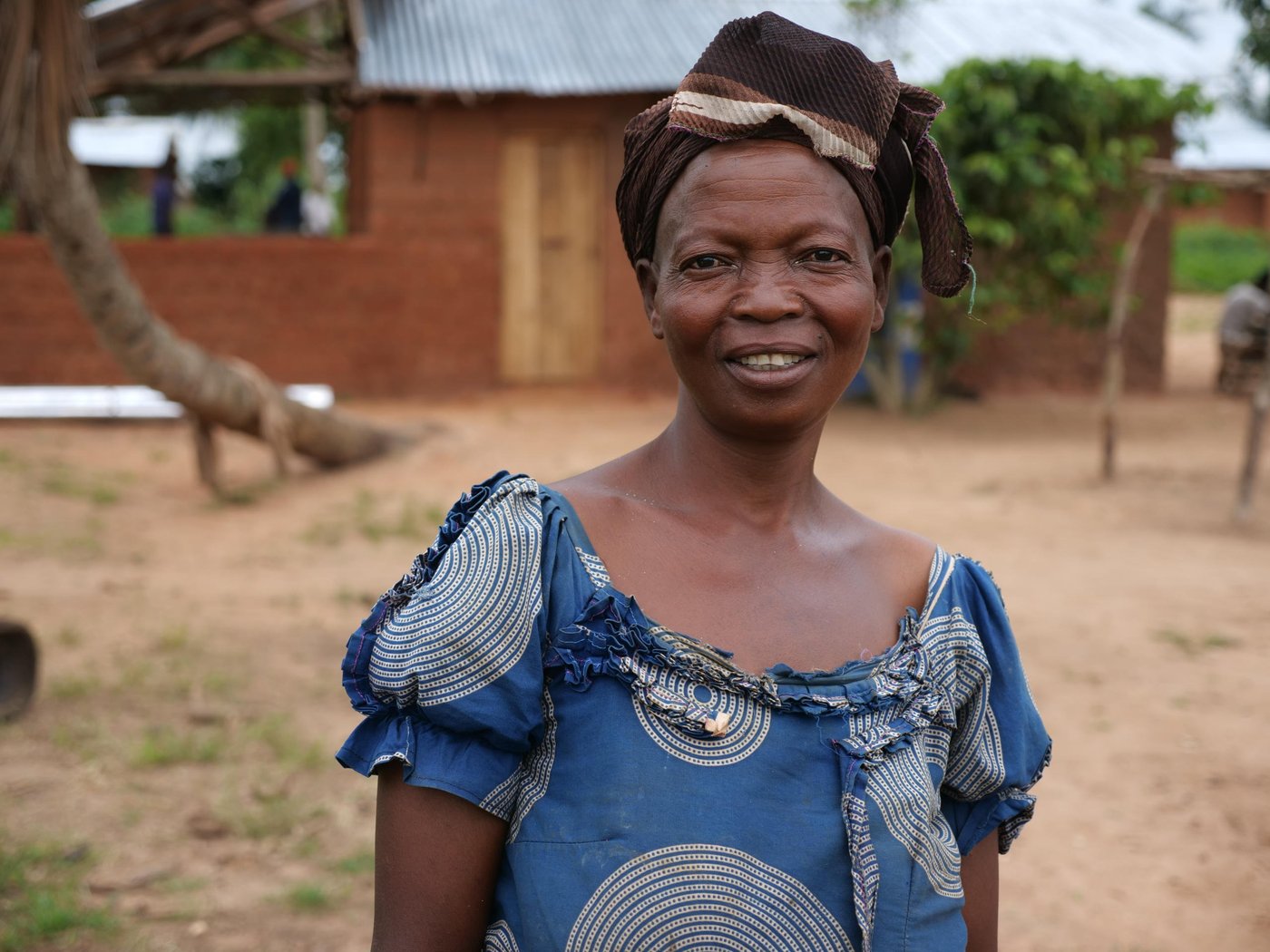
#1: Building new homes
Displaced people often lose their homes, their assets, and their livelihoods. This is true for men and women alike, but women face greater challenges.
DR CONGO: Finally, home after five months hiding in the forest
For Monique, home means a lot more than four walls and a roof. After fleeing her village, losing her husband and spending five months hiding in the bush, home to Monique means safety and stability.
Monique was eventually able to return to her home village, along with many of her neighbours. But they all returned to find that they had lost their houses and possessions.
To respond to this situation, NRC decided to support some of the most vulnerable returnees. We provided conditional cash transfers to selected families so they could build new homes.
As a widow and mother of ten, Monique was identified as being one of the most vulnerable returnees. Along with 1,600 other people spread across 40 villages, she received an initial cash transfer equivalent to USD 80 to begin the construction of a new home.
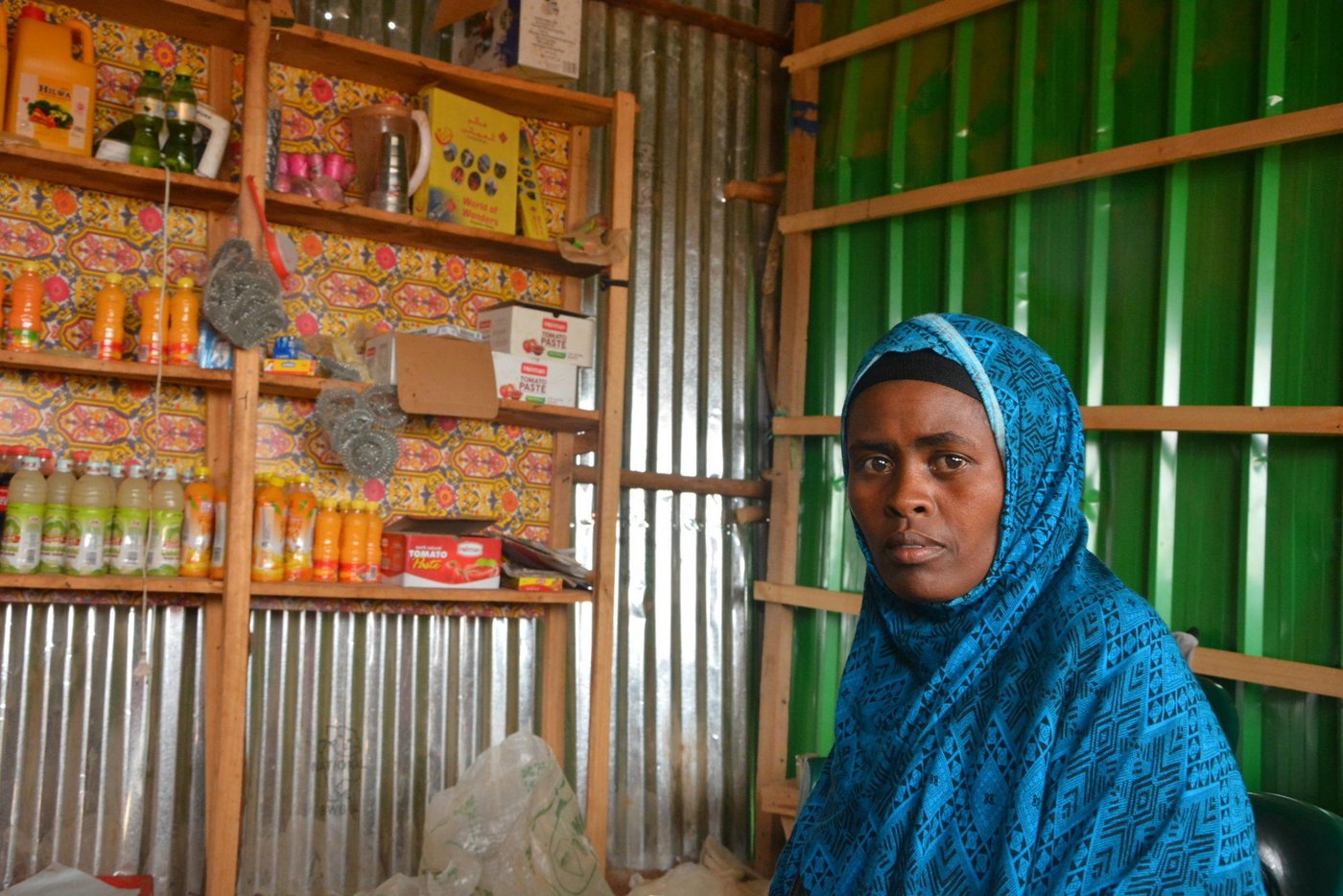
#2: Creating new livelihood opportunities
Displaced people often struggle to find new livelihood opportunities in the places where they settle. Again, this is true for men and women alike, but women face greater challenges.
SOMALIA: How women entrepreneurs are building resilience
Conflict and disaster have shaped the lives of the Somali people for the last 30 years. Now, a new initiative is helping women to develop their own businesses – making them and their families more resilient to any future upheaval.
Fadumo Sharif, 29, lives in the Qansaxley settlement for displaced people in Dollow, near the border with Ethiopia.
“Our livelihood previously depended on collecting and selling firewood. It was a very difficult job and I could not provide three meals a day for my family,” she explains. However, all this changed when she was selected to take part in our income generation project.
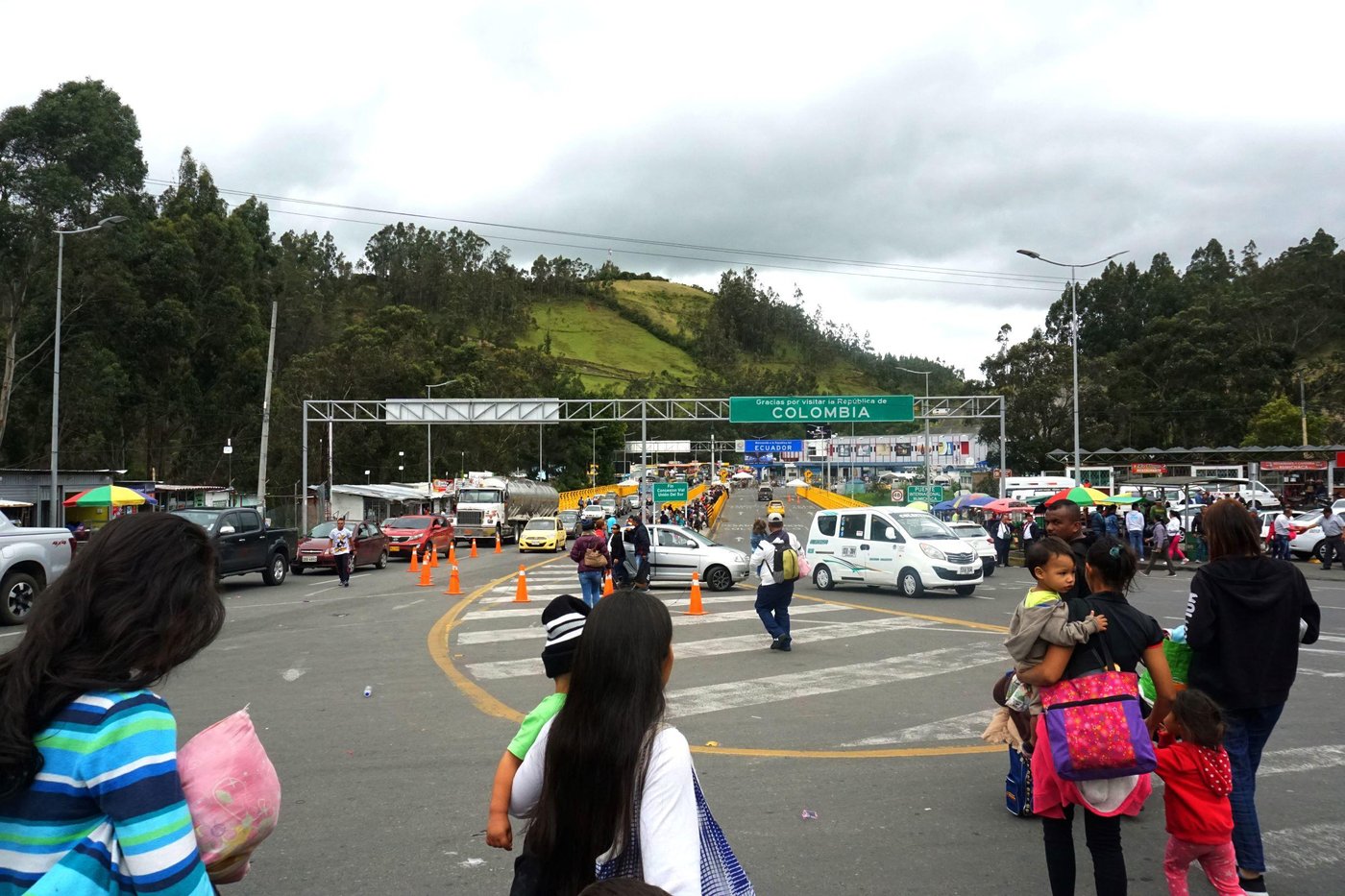
#3: Securing safe spaces
Displacement heightens the risk of gender-based violence for women and girls because it separates them from their communities and sometimes the families that might otherwise protect them. Displaced girls living in camps are particularly vulnerable to targeting by traffickers and other opportunists, and camps in general tend to be hostile environments for women and girls.
COLOMBIA/ECUADOR: “They killed our kitten as a warning”
Jenifer, 32, arrived in Ecuador with three children, two backpacks and a handful of Colombian pesos. “I knew I had to leave Colombia when four men with guns arrived at my house,” she recalls.
Jenifer and her family had fled their home in south-west Colombia after receiving death threats. “There’s no playing around with these people,” she says. “They have a saying: ‘one foot out of line, a bullet in the head, and the game is over’. I had to get my children out of there.”
NRC has been working in Ecuador for years, ensuring that Colombians fleeing armed conflict can access basic rights such as protection, education and housing.
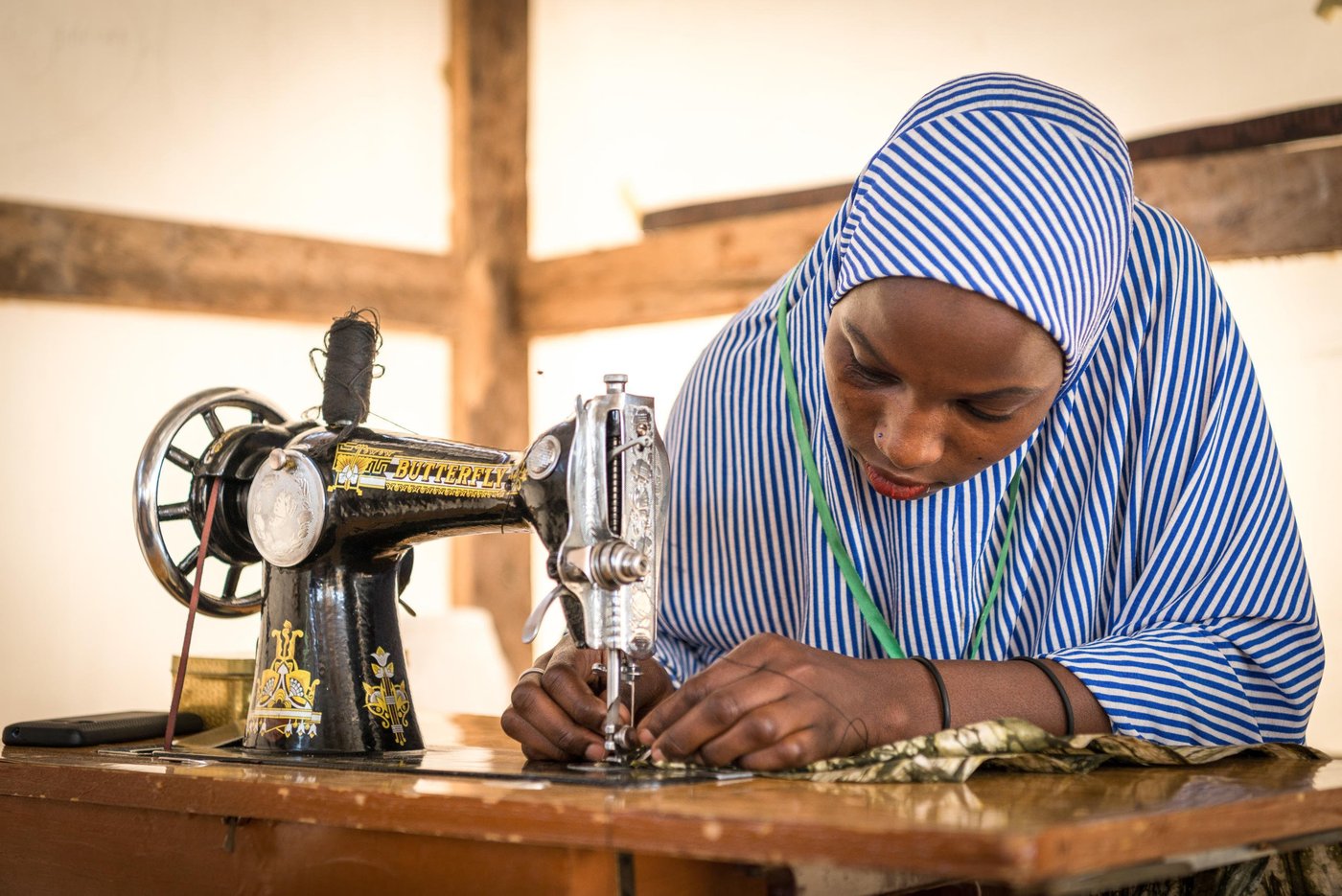
#4: Supporting education for girls
The consequences of displacement can last for a lifetime, particularly when it interrupts children’s education and limits their future opportunities. This tends to be more the case for girls than boys.
NIGERIA: Education is much more than ABC
Hundreds of thousands of displaced people have sought protection in Maiduguri, the capital of the conflict-stricken state of Borno, in north-east Nigeria. Many live in camps, while others have been taken in by local families.
Schooling saves lives, provides protection, creates stability and communicates knowledge and skills. At Mune Education Centre, NRC provides vocational training for youth and schooling for children who have lost years of primary school.
We offer programmes adapted for the local community, with courses in agriculture, crafts and sewing – and an equal number of girls and boys taking part.
There is a childcare service for young mothers who are attending classes, and protection groups to prevent abuse and sexual exploitation. Students also learn how to take care of their health and protect themselves against diseases such as cholera.
Read the full story here.

#5: Building safe and sex-segregated toilets
We recognise that the need for water and sanitation goes beyond public health concerns. The lack of functioning, safe and sex-segregated toilets can discourage children and youth, especially girls, from attending school.
Building latrines, saving lives
Displaced women and girls are particularly vulnerable when going to the toilet in the open. Many choose to wait until it is dark before they venture out, making them even more vulnerable to abuse and sexual assault. In schools, girls need private and functioning toilets to reduce the risk of them dropping out.
We build and maintain safe, clean latrines and toilets, so women, girls, men and boys alike can feel safe.
In crowded camps it is essential that people have proper sanitation facilities and good hygiene practices in order to prevent diseases.
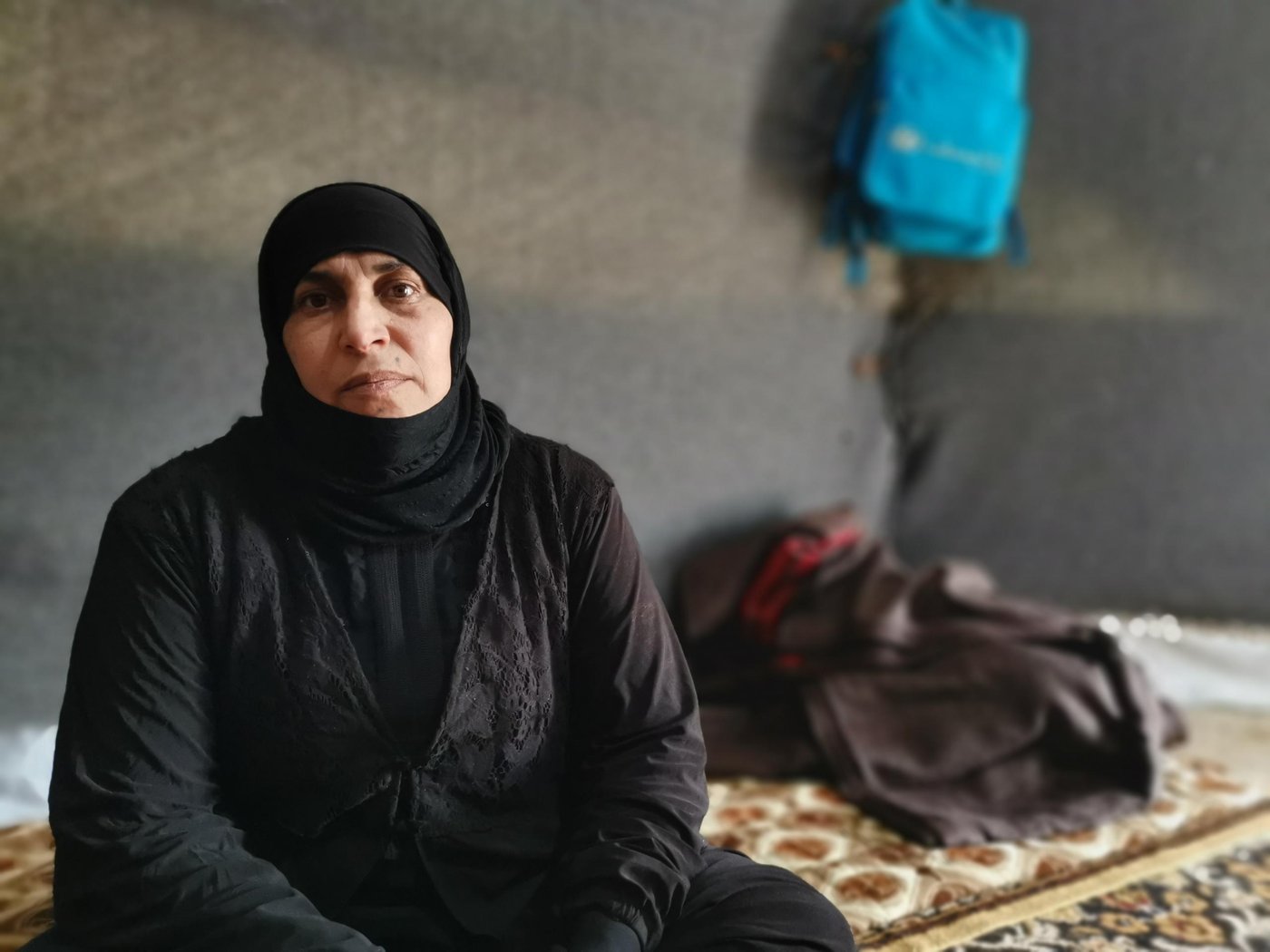
#6: Helping women to return home safely
Many of those who have been able to return to their home villages and towns still struggle to secure a home and rebuild their lives. But it is women who are paying the highest price.
IRAQ: How Iraq’s women are dispossessed
Iraq's women are paying a high price in the aftermath of the recent conflict, with many unable to return home without the support of their husbands.
A 2019 NRC study found that women are 11 per cent more likely than men to be living in an overcrowded shelter. Women returning home after being forced to flee are 14 per cent more likely to fear being evicted in the coming six months, compared to male returnees.
Nearly one in 10 displaced women reported their property being occupied by militias, security forces, or community/tribal leaders.
We spoke to four displaced women about their experiences. Read their stories.
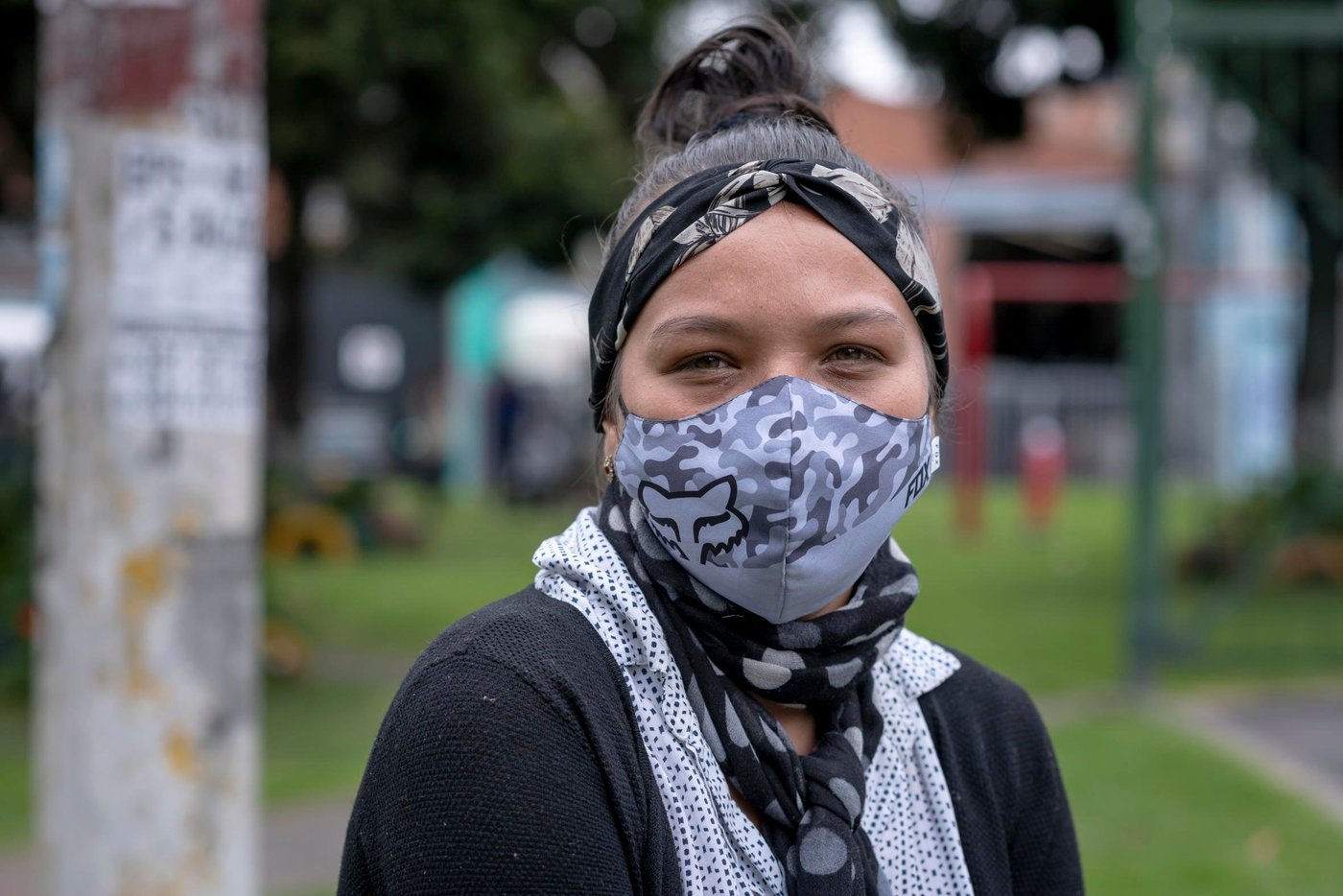
#7: Supporting women during Covid-19
As the coronavirus pandemic continues into its second year, a lethal mix of confinement and deepening poverty is unleashing a renewed wave of violence against refugee and displaced women and girls. Gender-based violence has increased dramatically since the onset of Covid-19.
COLOMBIA: Voices from a neglected crisis
“My message to the world: it is sad, it is hard, and it is humiliating.” This is the voice of Kendry Castro, a 23-year-old Venezuelan living in Colombia. She is among more than five million refugees and migrants that have left Venezuela for other countries in Latin America and the Caribbean in recent years.
The Covid-19 pandemic is now forcing tens of thousands of people like Kendry to live in poverty or depend on humanitarian aid, as lockdown measures prevent them from earning a living. And displaced women and girls are facing the greatest impacts and risks, according to recent NRC research.
NRC is giving financial support to Venezuelan refugees and migrants. We are also providing workshops to help them cope with the trauma and stress that many of them are experiencing.
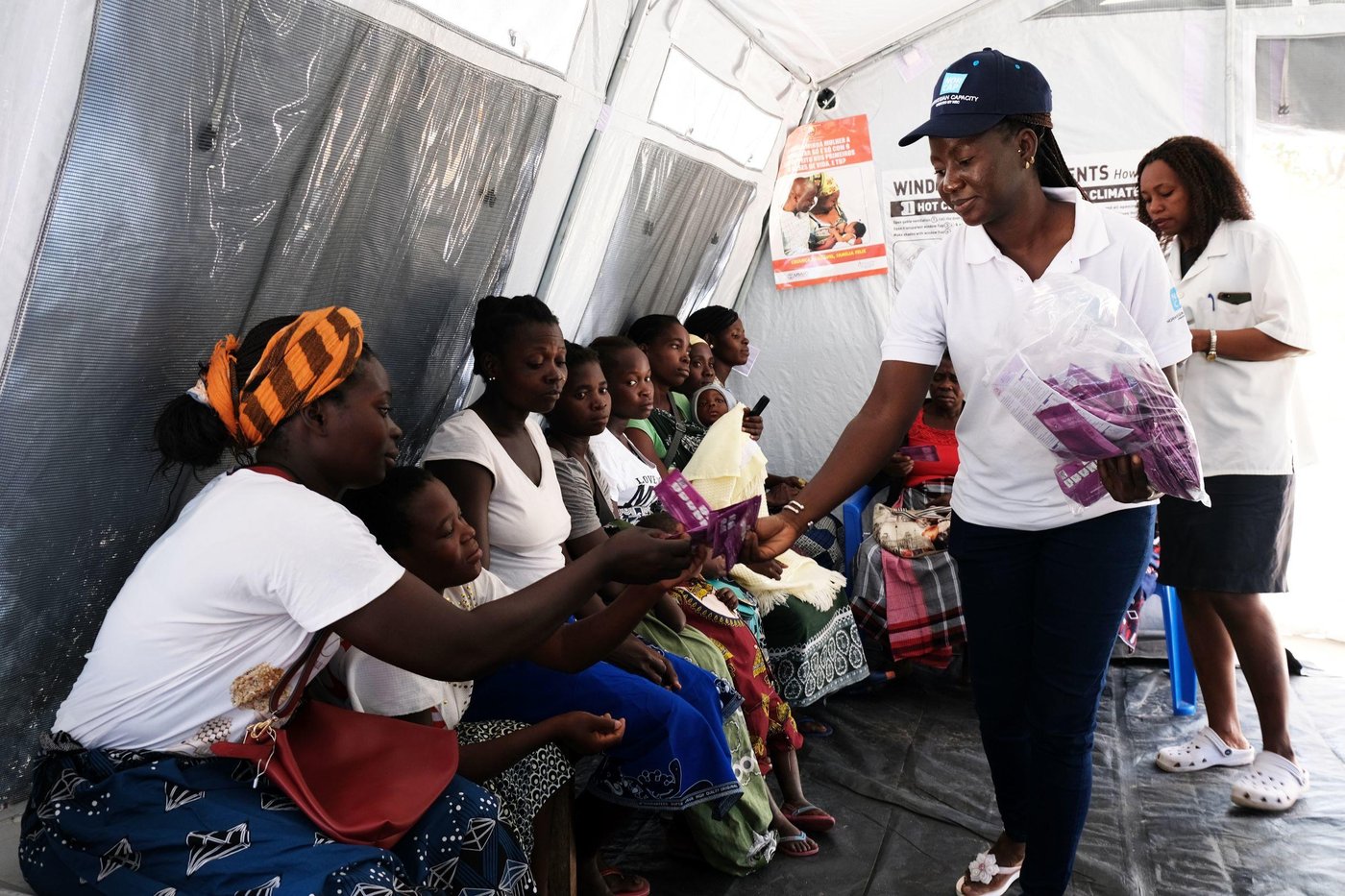
#8: Bringing in the experts
As we have seen with the Covid-19 pandemic, gender-based violence is often exacerbated by crises.
MOZAMBIQUE: Protecting people from gender-based violence
“I have been married for two years,” says Delfina, 17. She is now expecting her first child.
Delfina has just attended a session on contraception at a temporary health clinic, arranged by NORCAP expert Sabine Nana, together with local nurses and midwives. NORCAP is NRC’s global provider of expertise to the humanitarian, development and peacebuilding sectors.
Delfina is one of many girls in Mozambique who was married off while still a child. Mozambique is one of the world’s poorest countries and has a high rate of child marriage.
In March 2019, the country was struck by two cyclones which destroyed thousands of homes, classrooms and other facilities – including 45 health clinics. Floods accompanied the storm, and isolated entire communities.
Read how the storm affected people’s protection from gender-based violence, and how our experts assisted.


